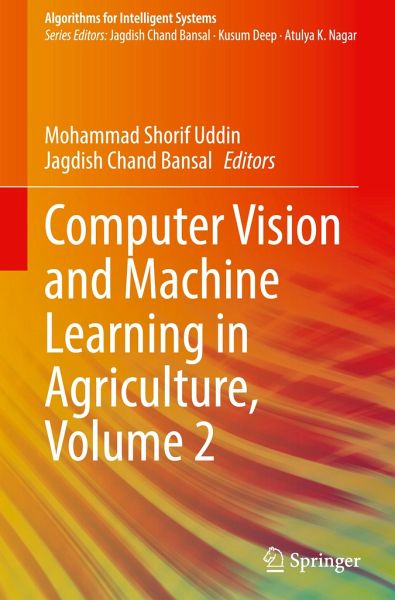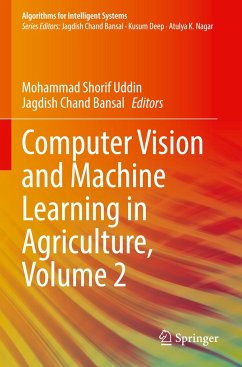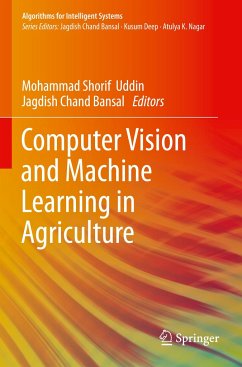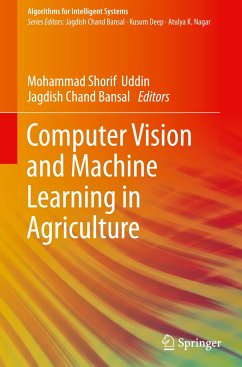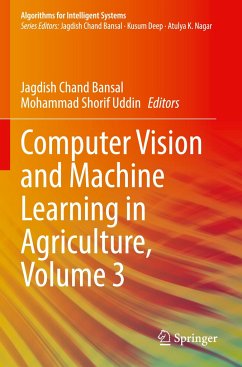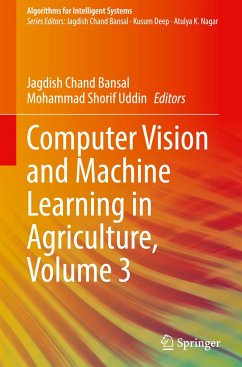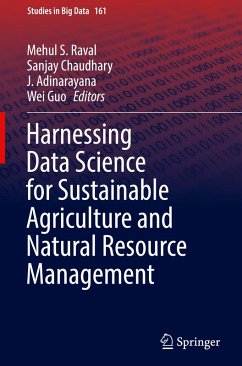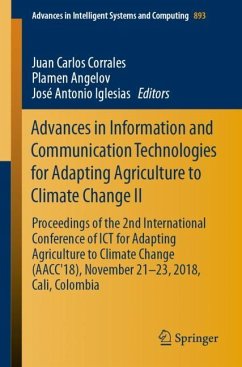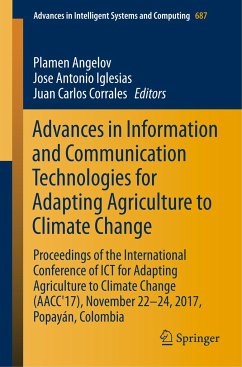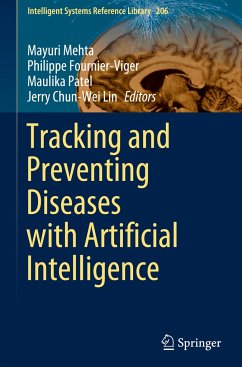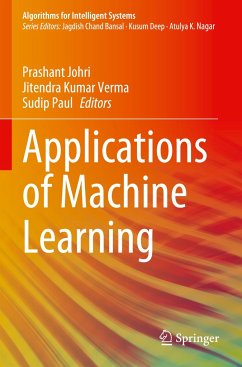Prof. Mohammad Shorif Uddin completed his Ph.D. at Kyoto Institute of Technology in 2002, Japan, Master of Technology Education at Shiga University, Japan in 1999, Bachelor of Electrical and Electronic Engineering at Bangladesh University of Engineering and Technology (BUET) in 1991 and MBA from Jahangirnagar University in 2013. He began his teaching career as a Lecturer in 1991 at Chittagong University of Engineering and Technology (CUET). In 1992, he joined the Computer Science and Engineering Department of Jahangirnagar University and at present, he is a Professor of this department. Besides, he is the Teacher-in-Charge of the ICT Cell of Jahangirnagar University. He served as the Chairman of the Computer Science and Engineering Department of Jahangirnagar University from June 2014 to June 2017 and as an Adviser of ULAB from September 2009 to October 2020. He undertook postdoctoral research at Bioinformatics Institute, Singapore, Toyota Technological Institute, Japanand Kyoto Institute of Technology, Japan, Chiba University, Japan, Bonn University, Germany, Institute of Automation, Chinese Academy of Sciences, China. His research is motivated by applications in the fields of artificial intelligence, imaging informatics, and computer vision. He holds two patents for his scientific inventions and has published more than 160 research papers in international journals and conference proceedings. He had delivered a remarkable number of keynotes and invited talks and also acted as a General Chair or TPC Chair or Co-Chair of many international conferences, such as IJCACI 2021, IJCACI 2020, ICAEM 2019, ICIMSAT 2019, IJCCI 2019, IJCCI 2018, IWCI 2016, etc. He received the Best Paper award in the International Conference on Informatics, Electronics & Vision (ICIEV2013), Dhaka, Bangladesh, and the Best Presenter Award from the International Conference on Computer Vision and Graphics (ICCVG 2004), Warsaw, Poland. He was the Coach of Janhangirnagar University ACM ICPC World Finals Teams in 2015 and 2017 and supervised a good number of doctoral and Master theses. He is a Senior Member of IEEE and an Associate Editor of IEEE Access. Dr. Jagdish Chand Bansal is an Associate Professor at South Asian University New Delhi and Visiting Faculty at Maths and Computer Science, Liverpool Hope University UK. Dr. Bansal has obtained his Ph.D. in Mathematics from IIT Roorkee. Before joining SAU New Delhi he has worked as an Assistant Professor at ABV- Indian Institute of Information Technology and Management Gwalior and BITS Pilani. His Primary area of interest is Swarm Intelligence and Nature Inspired Optimization Techniques. Recently, he proposed a fission-fusion social structure based optimization algorithm, Spider Monkey Optimization (SMO), which is being applied to various problems from engineering domain. He has published more than 70 research papers in various international journals/conferences. He is theeditor in chief of the journal MethodsX published by Elsevier. He is the series editor of the book series Algorithms for Intelligent Systems (AIS) and Studies in Autonomic, Data-driven and Industrial Computing (SADIC) published by Springer. He is the editor in chief of International Journal of Swarm Intelligence (IJSI) published by Inderscience. He is also the Associate Editor of IEEE ACCESS published by IEEE and ARRAY published by Elsevier. He is the general secretary of Soft Computing Research Society (SCRS). He has also received Gold Medal at UG and PG level.
